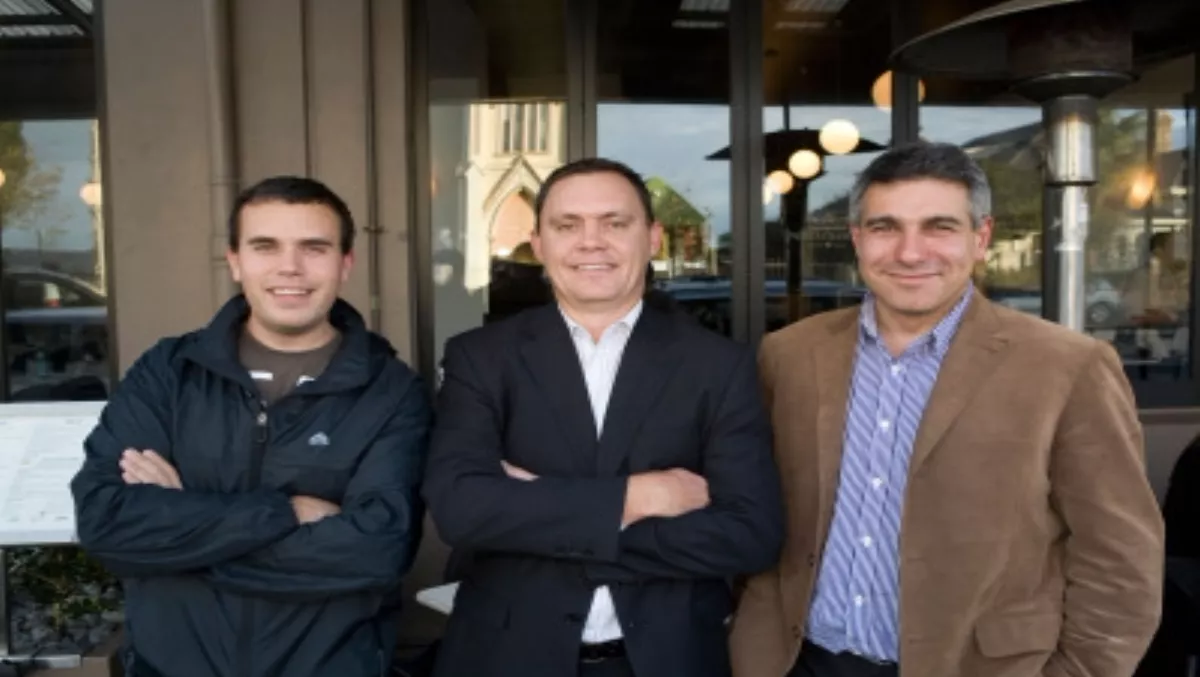
Orcon, CallPlus and Compass have signed an agreement whichmeans they will only provide unbundled services in complementary areas throughout the country. Unbundlingexchanges is when an ISP rents the copper wire from Chorus and installs its ownelectronic box (called a DSLAM) in the telephone exchange to provide its own phone,data and video services.
Under the agreement signed by the three ISPs, each hasagreed to share their unbundled services with the others. So if you are an Orcon customerliving in Christchurch, where Compass have unbundled eight exchanges, you canreceive Compass’s service.
Compass founder and CEO Karim Hussona says the three ISPsare pooling their resources and “giving the benefits of unbundling to a large customerbase.”
The ISPs' reach is gradually expanding. Orcon has unbundled 40exchanges in Auckland and two in Wellington. Compass is in eight exchanges in Christchurch,one in Tauranga and has plans for up to nine in Palmerston North. CallPlus hasunbundled in Hamilton and has plans for Napier.
In addition to unbundling exchanges, Compass and CallPlusown WiMAX spectrum and Compass in particular has been busy creating anationwide WiMAX network. Hussona says they now have around 2,500 WiMAXcustomers out of 8,000 to 10,000 broadband customers in total. Compass andCallPlus are engaged in informal cooperation around WiMAX, but no formalagreement as yet.
Hussona says that WiMAX (which has symmetrical speeds of around10Mbps) has a reach of 20km, and so is suitable for suburban and rural areas. Whileunbundling exchanges on lines which have not been cabinetised has a reach of3km, and so is best suited for dense urban locations.
While the business case for unbundling in exchanges exists,it has yet to be proven in the roadside cabinets being rolled out by Chorus. “Youhave to have something approaching 40% market share to make unbundling viable.None of us could do that on our own, we could potentially do it collectively,but that’s unproven yet.”
Also unproven, is the business case for fibre to the home. “I’mnot sure fibre has a place in the mass market consumer deployment,” saysHussona. “I think it certainly has a place in the business environment , but Ithink the economics have yet to improve there.”
Hussona says Orcon is providing “real world” speed of 20Mbpson its unbundled copper lines at pretty competitive prices, and Compass will beusing the same technology. He says no one knows what prices households will becharged for fibre-based services, but when they do arrive in the market it’slikely that services on the copper network will be competitive.
“I imagine both will compete vigorously for business at thetime, the copper network has got a lot of life left in it,” he says, pointingout that VDSL2+ can reach speeds of over 100Mbps.
“There’s a lot of horsepower you can extract from the humblecopper pair for many years to come,” he says.
When asked whether Telecom is right to consider structuralseparation, Hussona says it is probably a sensible move on their part.
“My understanding over the Ultra Fast Broadband requirementsare, that in order to participate you cannot have a majority share in a retailcompany. So if Telecom were to stand aside and see the government subsidy go tosome other [organisation] such as Vector, the government would in practice becreating a fixed network competitor. Were Telecom not to take that up theywould see their business eroded by a very well funded competitor.”
Pictured (from left): Orcon CEO Scott Bartlett, CallPlus CEO Mark Callander and Compass CEO Karim Hussona